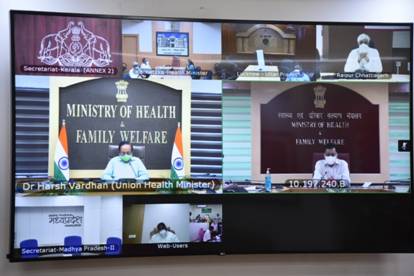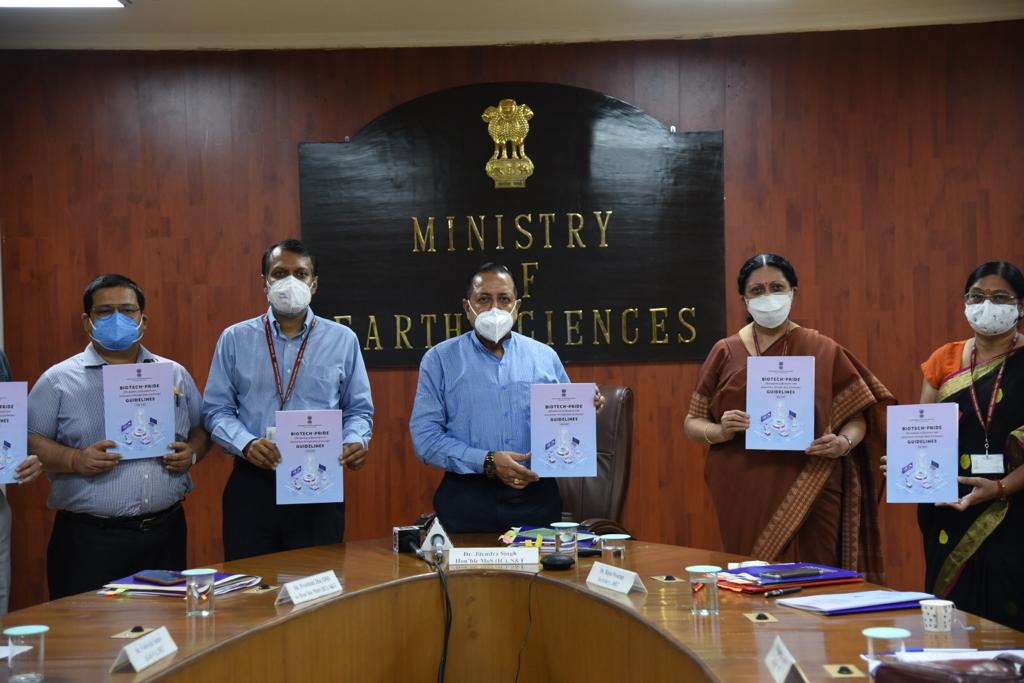In a concerning revelation, medical experts have flagged iron deficiency as a widespread issue among young women in India, affecting approximately 90 percent of this demographic. Doctors stress the critical importance of timely detection to address this nutritional shortfall effectively.
Many women often experience low iron levels unknowingly, attributing symptoms like fatigue and weakness to other causes. Iron deficiency occurs when the body lacks sufficient iron to support its essential functions, including transporting oxygen, maintaining healthy red blood cells, and sustaining overall energy levels.
Dr. Rajesh Bendre, National Technical Head and Chief Pathologist at Apollo Diagnostics, underscored the concerning trend, attributing factors such as menstrual blood loss, restrictive diets, and heavy reliance on processed foods to the rise in iron deficiency among women. He emphasized the urgent need for heightened awareness and accessible resources for proper nutrition education to combat this issue effectively.
Pregnant women are particularly vulnerable to iron deficiency, leading to low hemoglobin levels, anaemia, and associated symptoms. Dr. Bendre emphasized the broader repercussions, highlighting the impact on fetal development and the potential risks of preterm birth and low birth weight.
Dr. Abhya Bhave, Haematologist at Lilavati Hospital, echoed these concerns, stressing the far-reaching consequences of iron deficiency anaemia, including reduced work capacity, impaired development, and increased maternal mortality risk. Dr. Bhave emphasized the need for comprehensive screening and tailored interventions to address this pervasive health challenge.
According to Dr. Kekin Gala, Gynecologist at Apollo Spectra Mumbai, fatigue and weakness are often early indicators of iron deficiency, with heavy menstrual bleeding exacerbating the condition. Dr. Gala emphasized the importance of regular screening tests, including complete blood count (CBC), serum ferritin, and transferrin saturation, to monitor iron levels effectively.
In addition to supplements, Dr. Gala recommended incorporating iron-rich foods like spinach and lentils into daily diets to naturally replenish iron levels and improve overall nutrition.
As iron deficiency continues to pose a significant health concern, proactive measures such as awareness campaigns, nutritional education, and regular screenings are essential to address this pressing issue and safeguard the health and well-being of young women across India.












